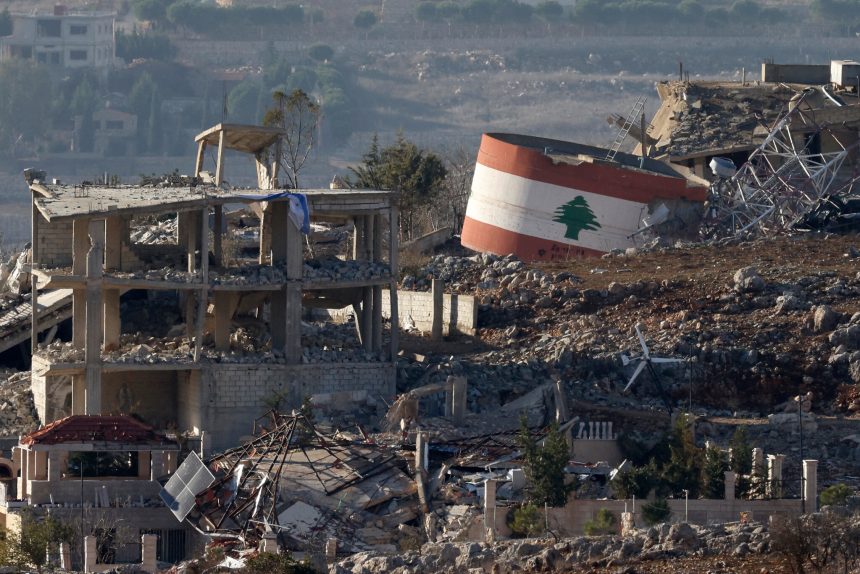Israel on Tuesday promised to expand its response in the event of a collapse of the ceasefire with Hezbollah, indicating that any future military actions would be directed at not just Hezbollah, but the Lebanese state.
The threat represents the harshest language from Israel since a cease-fire was negotiated to halt more than a year of fighting with the powerful militant group.
Defense Minister Israel Katz made the country’s position clear as he visited Israel’s northern border. “If we return to war, we will act strongly, we will go deeper, and the most important thing they need to know is that there will no longer be an exemption for the state of Lebanon,” Katz said.
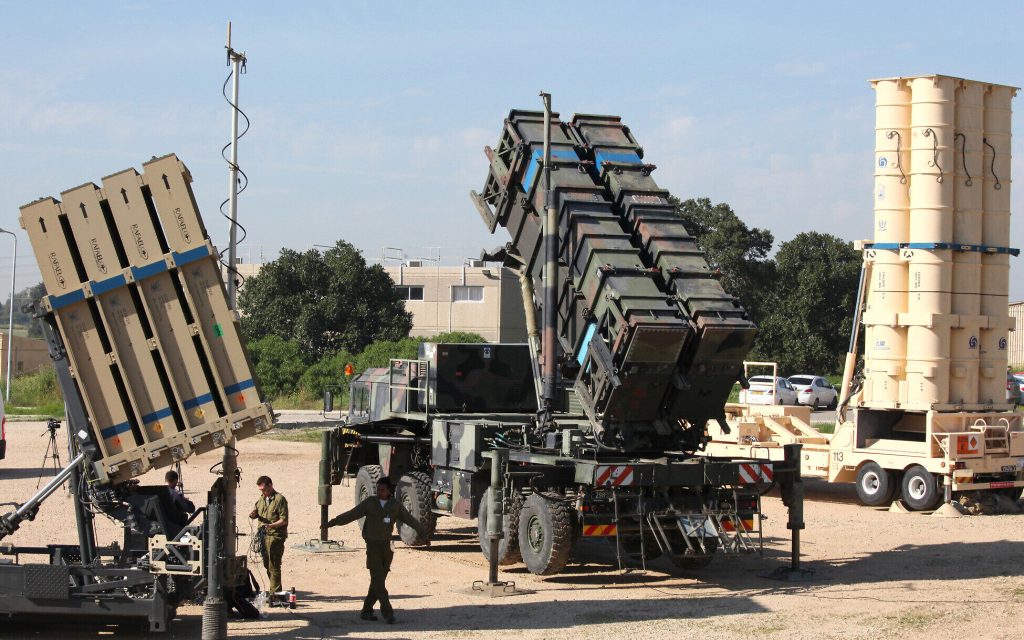
In his comments, Katz emphasized a shift in Israeli strategy. Until now, Israel had largely differentiated between the Lebanese state and Hezbollah, a distinction it says will no longer apply if the ceasefire collapses. “If until now we separated the state of Lebanon from Hezbollah… it will no longer be [like this],” Katz declared.
READ ALSO: Asian and Europe Rally Amid Tech Gains
The ceasefire, which came into effect on November 27, is already showing signs of strain. Under the agreement, Israel is prohibited from conducting offensive operations in Lebanon, while Lebanon is tasked with ensuring that armed groups, including Hezbollah, do not launch attacks on Israel.
Despite these terms, clashes have persisted. On Monday, Hezbollah shelled an Israeli military post, prompting Israeli airstrikes that Lebanese authorities claim killed at least 12 people. Israeli officials described the Hezbollah attack as a “test” of the ceasefire, to which they responded with force.
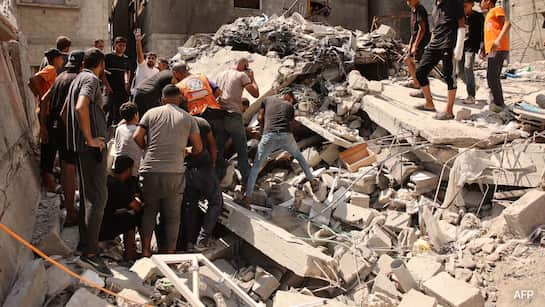
Katz called on Lebanon’s government to take decisive action, urging it to empower the Lebanese army to enforce the truce terms by keeping Hezbollah beyond the Litani River, about 30 kilometers (18 miles) from the Israeli border.
He also demanded the dismantling of Hezbollah’s military infrastructure in southern Lebanon. “If they don’t do it and this whole agreement collapses, then the reality will be very clear,” Katz warned.
READ ALSO: Pepe Coin Price could Increase as Reddit Army Plans to Pump
Lebanese officials are scrambling to salvage the ceasefire through diplomatic channels. Caretaker Prime Minister Najib Mikati and Parliament Speaker Nabih Berri, a close ally of Hezbollah, have reached out to officials in Washington and Paris to urge Israel’s compliance with the agreement.
According to sources close to the Lebanese government, Mikati and Berri spoke with representatives at the White House and the French presidency late on Monday, seeking international pressure on Israel to halt its operations.
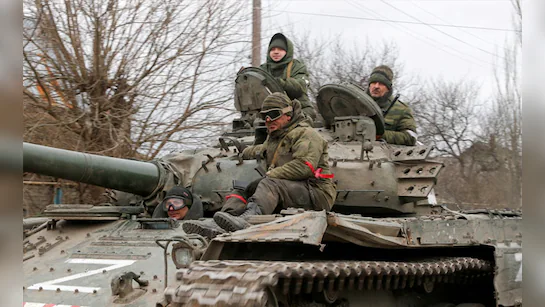
Mikati told the Lebanese news agency that diplomatic efforts had intensified in recent days to address what Beirut sees as Israeli violations of the ceasefire. In a bid to strengthen its position in the south, Lebanon’s army has initiated a recruitment drive, aiming to bolster its presence near the border.
The international community has been closely monitoring the situation, with the United States and France playing key roles in the truce agreement. U.S. State Department spokesperson Matt Miller acknowledged the challenges, stating on Monday that while the ceasefire “is holding,” violations were anticipated.
READ ALSO: Turmoil in Syria: Russia Dismisses General Amid Insurgent Gains in Aleppo
French Foreign Minister Jean-Noel Barrot reportedly spoke with his Israeli counterpart, Gideon Saar, urging both sides to uphold their commitments to the ceasefire. However, neither the French presidency nor the foreign ministry has issued a formal comment on the latest developments.
The ceasefire agreement, brokered just a week ago, gave Israel 60 days to withdraw its troops from southern Lebanon. It also placed the onus on Lebanon to curb Hezbollah’s military activities. While the agreement provided a framework for de-escalation, the continuing hostilities underscore the challenges of implementing such a truce in a region fraught with longstanding tensions.
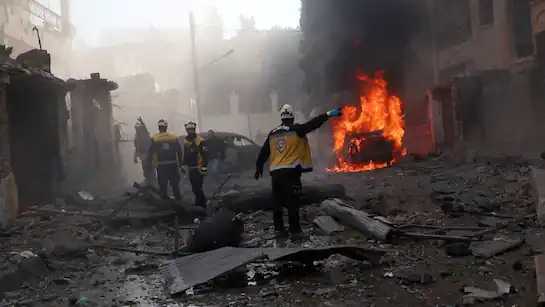
Israel’s threat to escalate its military operations, coupled with Hezbollah’s refusal to stand down, leaves the agreement on shaky ground. For the Lebanese government, balancing domestic pressures from Hezbollah and international calls for adherence to the truce is an increasingly difficult task.
As the region inches closer to potential renewed conflict, the stakes remain high for all parties involved. For Israel, the priority is eliminating threats to its security, even if it means targeting the Lebanese state. For Lebanon, the focus is on avoiding a full-scale war that would devastate its already fragile economy and infrastructure.
The coming days will be critical in determining whether the truce holds or if the region plunges back into conflict. The international community’s role in mediating and enforcing the agreement will be pivotal in maintaining the tenuous peace.

